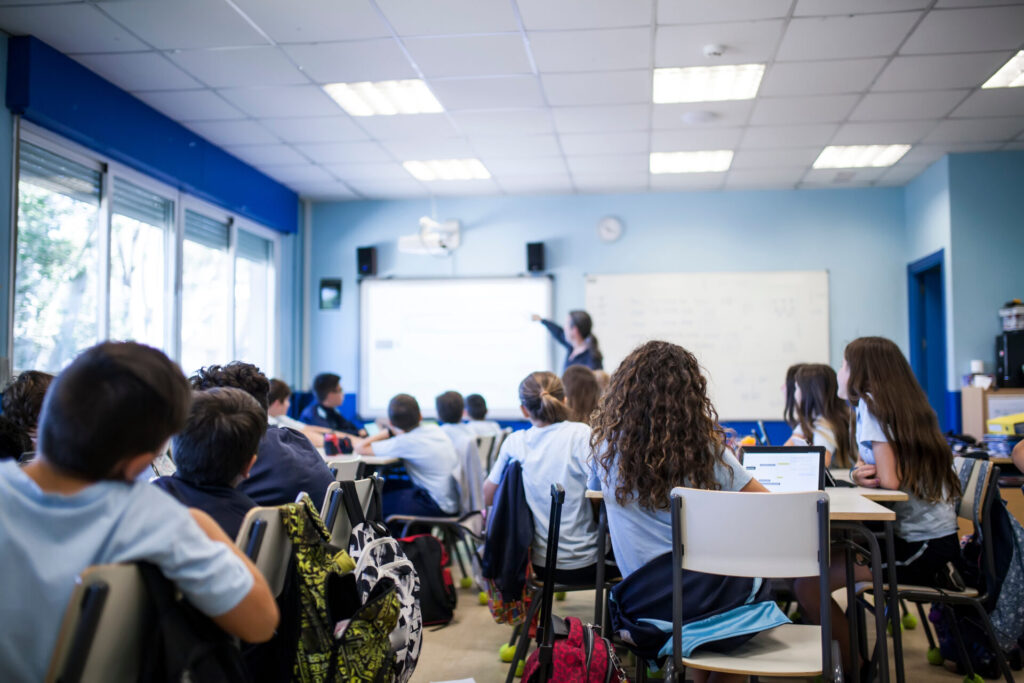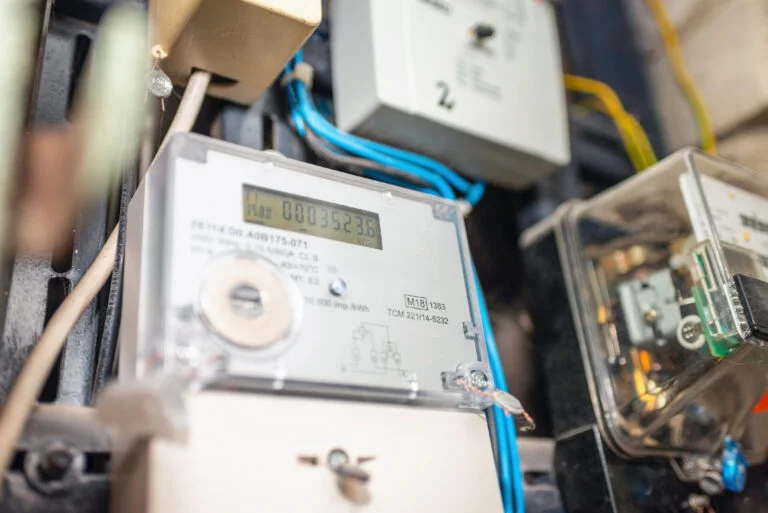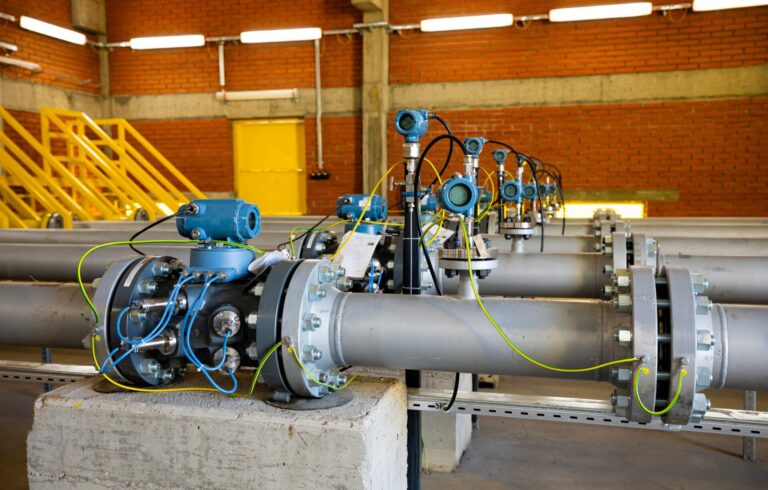The UK government’s net-zero roadmap for the education sector, introduced earlier this year, is steadily reshaping the way schools, colleges, and universities manage their energy use. As part of the Public Sector Decarbonisation Scheme (PSDS), educational institutions are working towards achieving significant carbon reductions and improving their energy efficiency to meet the UK’s climate goals.
Public Sector Decarbonisation Scheme (PSDS) and Its Role
A key driver behind the sector’s progress is the PSDS, which provides government funding for public sector bodies, such as schools and universities, to implement energy-saving projects. Since its launch, the scheme has helped educational institutions access vital resources for upgrading their heating systems, improving insulation, and adopting renewable energy technologies such as solar panels and heat pumps. The funding has enabled schools to make energy improvements that would have otherwise been financially challenging, allowing them to take significant steps towards reducing their carbon footprint.

Important Dates and Deadlines for Net-Zero Goals
The UK government has set ambitious targets for the education sector as part of the wider push towards net-zero emissions. Schools are expected to achieve significant energy efficiency improvements by 2030, contributing to the goal of reducing carbon emissions by 78% compared to 1990 levels. By 2050, the sector aims to reach full net-zero status, aligning with the country’s overarching commitment to achieving a net-zero economy.
Additionally, regulations such as the Minimum Energy Efficiency Standards (MEES) have become increasingly relevant. These standards mandate that educational buildings must meet specific energy efficiency thresholds, pushing institutions to upgrade facilities and adopt more sustainable practices. Compliance with MEES and other regulations not only ensures alignment with national targets but also helps schools avoid potential penalties for non-compliance.
How BP Can Help
As these deadlines approach, schools and universities must be guided through the complexities of energy management and regulatory compliance. Our expertise in energy monitoring, IoT solutions, and customised renewable energy strategies allows educational institutions to optimise their energy use while maintaining a focus on cost savings and sustainability. We can help the education sector navigate available funding options like PSDS, ensuring they make the most of opportunities to enhance their energy performance.
We also offer comprehensive site surveys and audits to help schools and universities better understand their current energy performance. Through these audits, we can identify inefficiencies and recommend tailored changes that drive significant improvements in energy efficiency. Whether it’s upgrading heating systems, integrating renewable solutions, or improving insulation, our recommendations are designed to help the education sector reduce energy consumption and progress towards a more sustainable future.
A Long Road Ahead
If you’re a school or part of the education sector, we’re here to help you navigate the Public Sector Decarbonisation Scheme. We can make sure you meet government guidelines and improve your energy efficiency along the way. Contact us today and get started!






